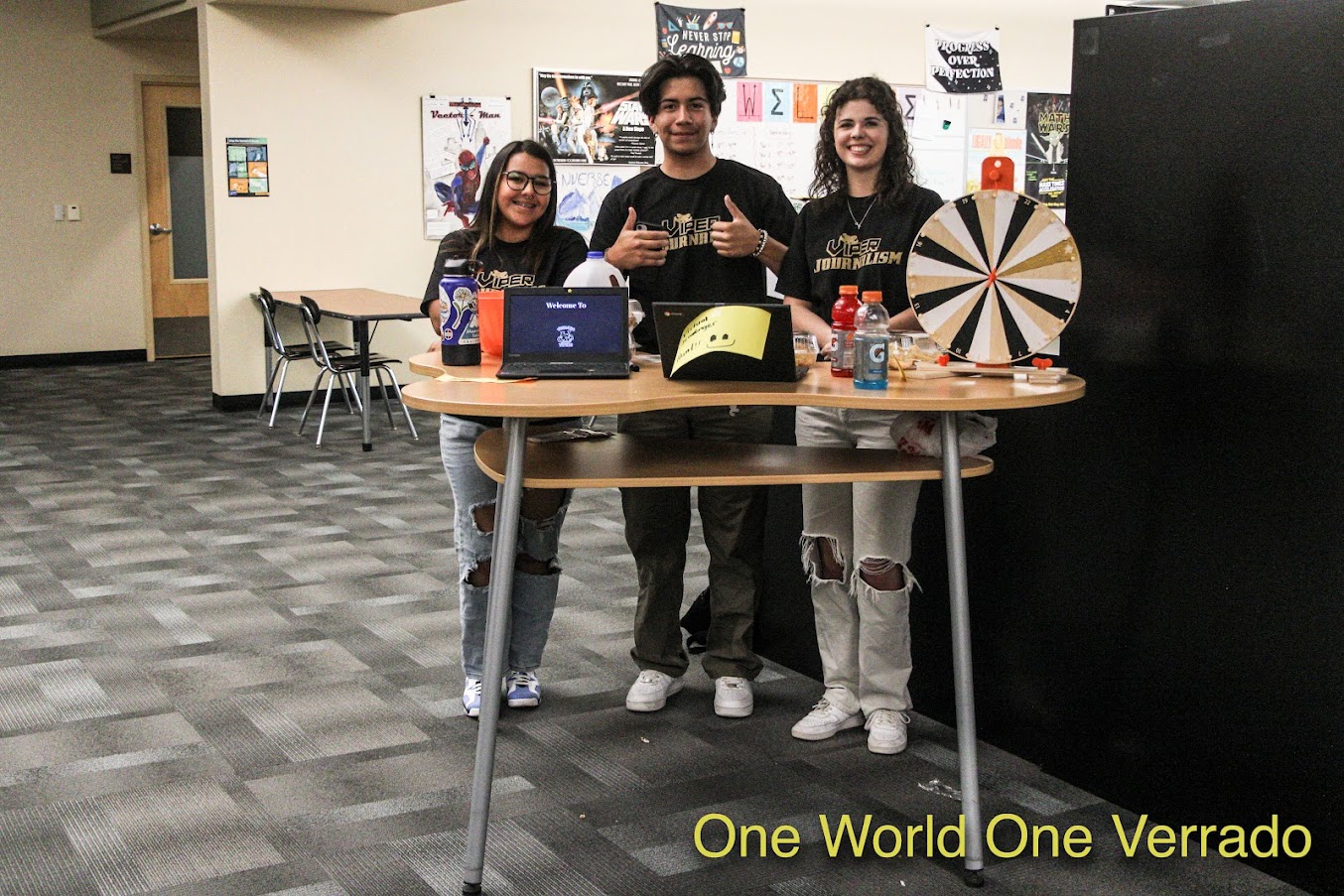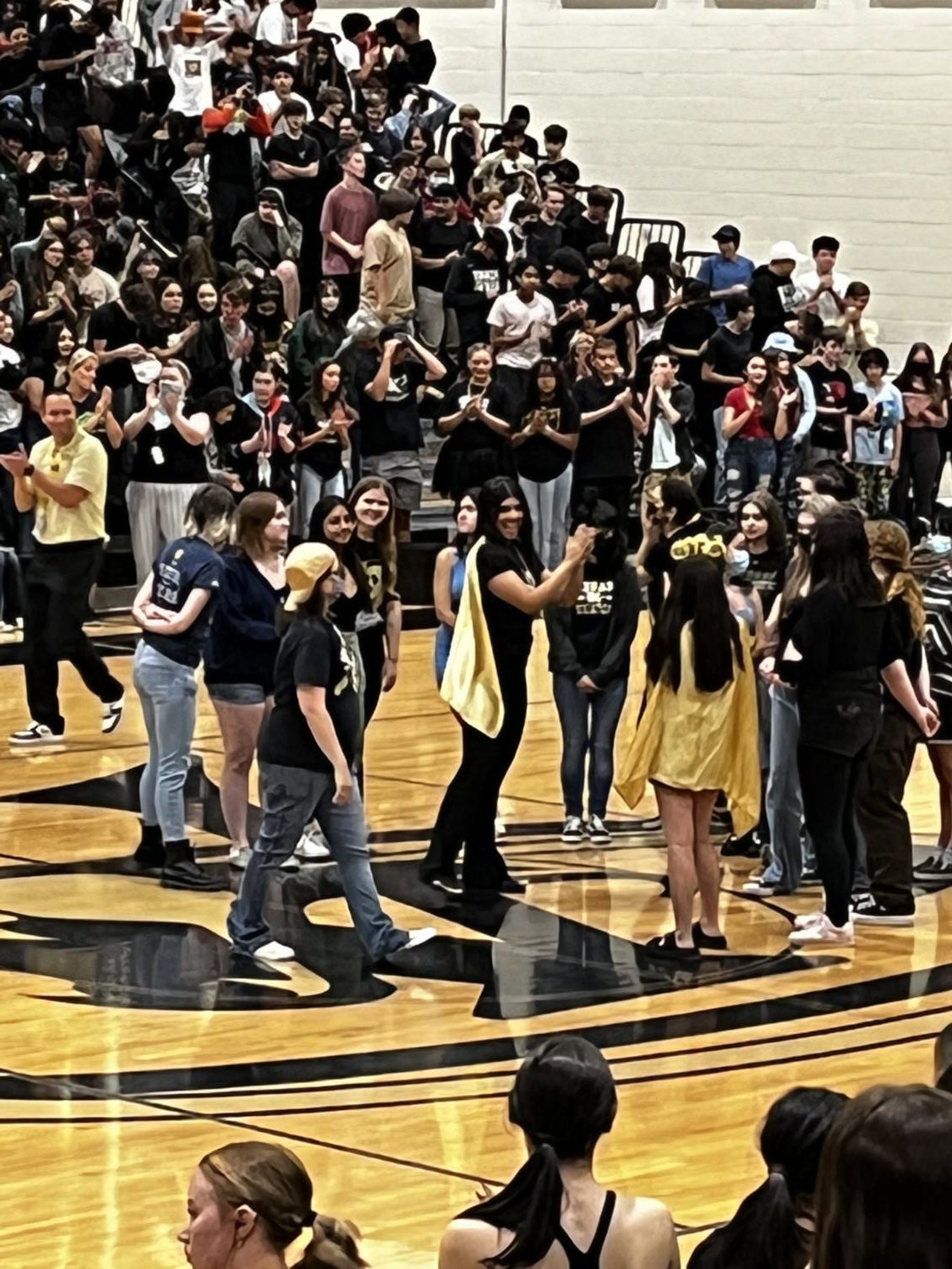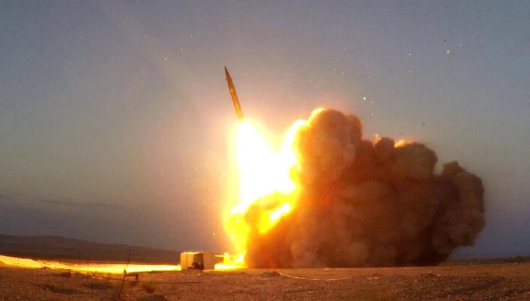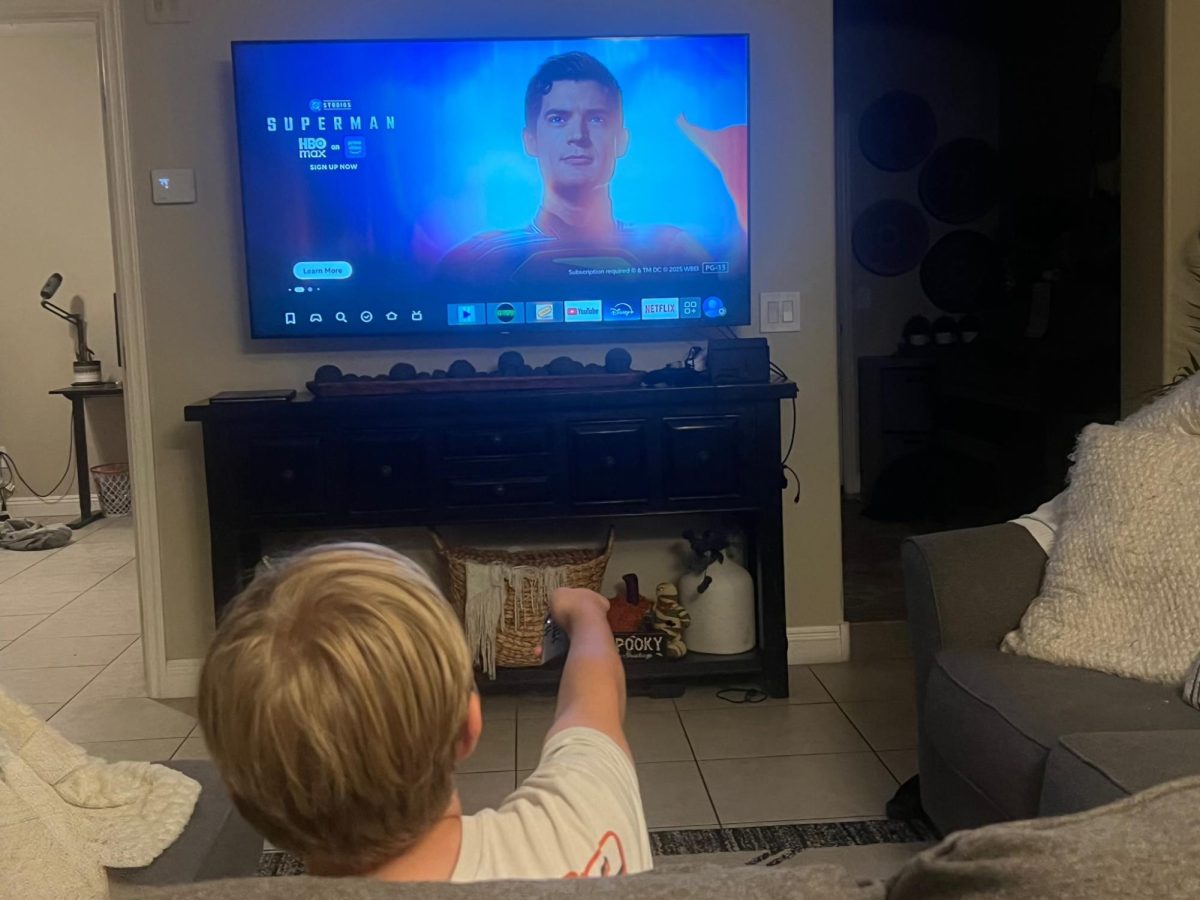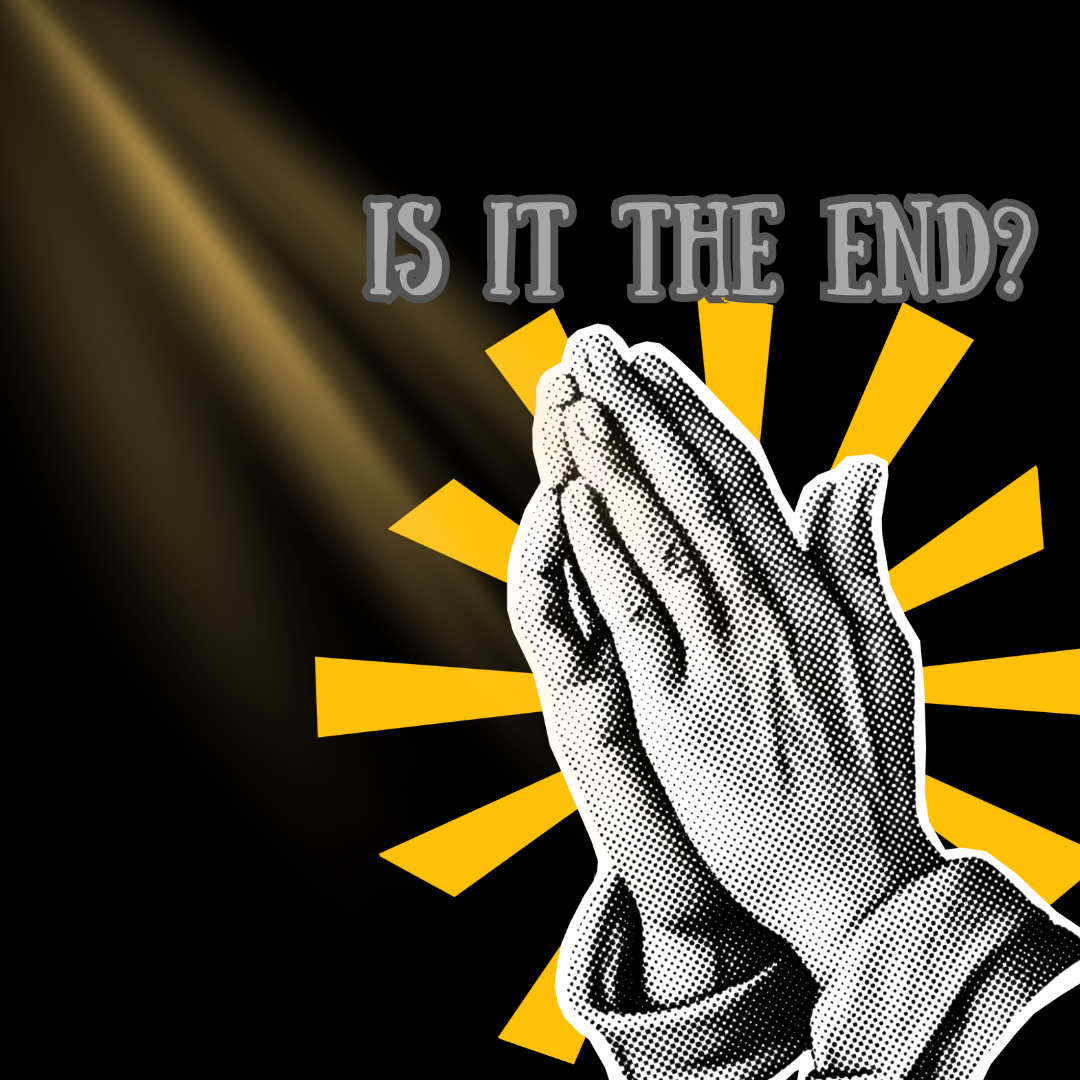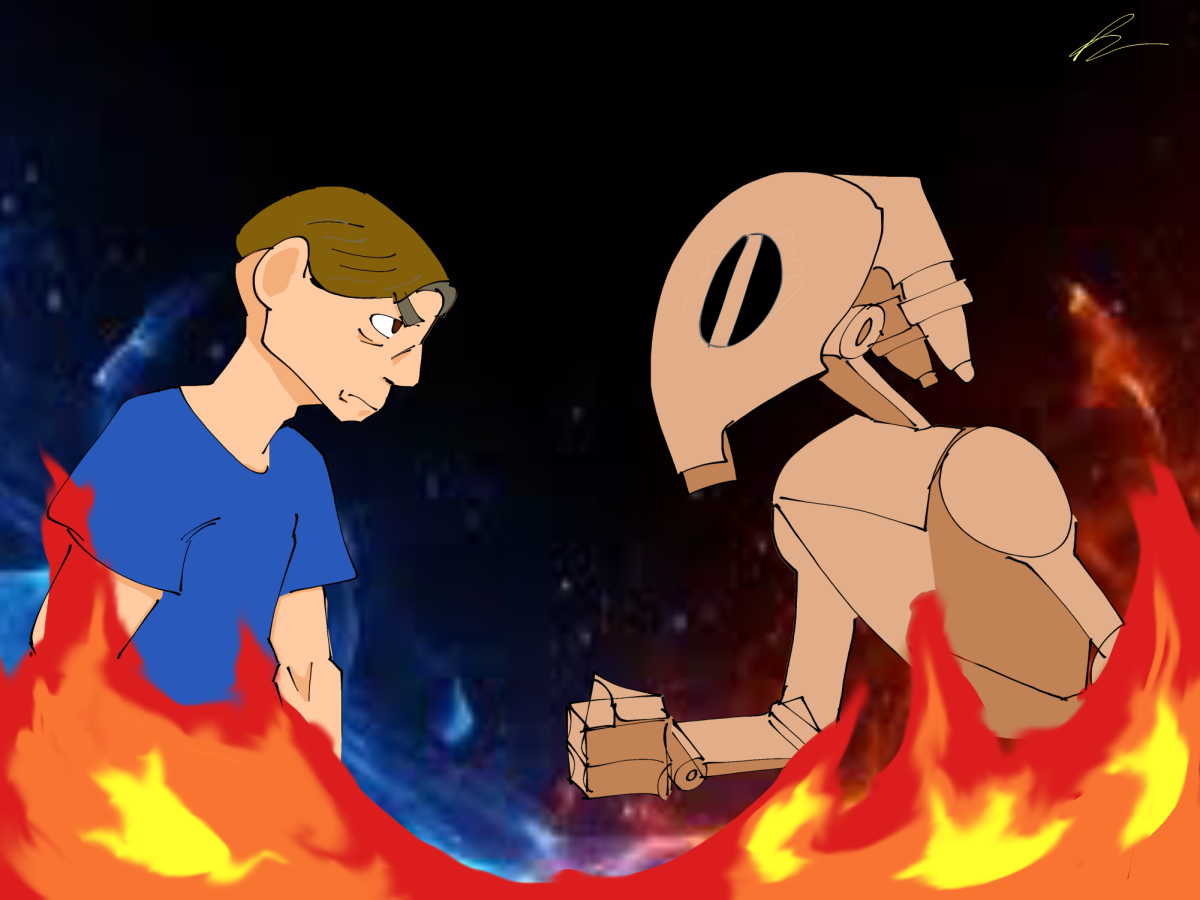A sense of deja vu when reading the news on Iran and Israel washes over us. The atrocities occurring in Israel and Iran almost perfectly reflect the tragedy of the Vietnam War. Amidst what foreign policy experts such as Fyodor Lukyanov call ‘World War III’, we can’t help but look back on the previous wars of our time. WWI and II are the first to come to mind, however, there is an eerie resemblance between what’s currently happening in the Middle East and what happened in the Vietnam War.
These two photos show missiles being shot at the enemy. Israel and Iran, and the Vietnam War.
In 2010, a shadow war – a form of armed conflict conducted secretly between war and peace- broke out between Iran and Israel. Just recently on April 13 of this year, Israel intercepted hundreds of missiles and drones sent from Iran, as provided by Rand’s article titled: The Iran-Israel War Is Just Getting Started. The media and Joe Biden congratulated Israel on their win, avoiding destructive casualties from Iran. Israeli leaders all promised retaliation against Iran’s brutalities. Friday morning after April 13, Israel commenced a counterstrike on an air defense system at an Iranian air base in Isfahan in central Iran.
The Iran and Israel war is just beginning. Though separated by geography, time, and ideology, the parallels between these two conflicts offer profound insights into the nature of modern warfare, political dynamics, and the human cost of political unrest.
In Vietnam, the United States backed the South Vietnamese government against the communistic North, while the Soviet Union and China supported the Viet Cong and North Vietnamese forces. Similarly, in the Israel-Iran conflict, Iran supports Hezbollah in Lebanon and Hamas in Gaza, while Israel has its allies in the region, notably the United States. This dynamic amplifies the intensity of the conflicts, turning regional disputes into global wars.
Additionally, both conflicts have a profound ideological scheme. In Vietnam, the clash between communism and capitalism fueled the war, with the United States viewing its involvement as necessary in the Cold War. Similarly, in the Israel-Iran conflict, religious and political ideologies drive the attacks. Iran’s revolutionary Islamic regime opposes Israel’s existence, viewing it as an illegitimate entity in the Muslim-majority Middle East. This ideological fervor has sustained the conflict for decades, making compromise elusive and peace negotiations challenging. Both conflicts showcase the asymmetry of modern warfare, where technologically advanced militaries confront guerrilla fighters and insurgents. In Vietnam, the Viet Cong’s tactics of ambushes, booby traps, and hit-and-run raids neutralized the superior firepower of the U.S. military. Likewise, in the Israel-Iran conflict, non-state actors like Hezbollah and Hamas employ asymmetric tactics such as rocket attacks, suicide bombings, and tunnel warfare against Israel’s advanced military arsenal. This imbalance often leads to conflicts among civilians, causing casualties daily.
The Vietnam War and the Israel-Iran conflict have destabilized their regions, triggering ripple effects that go far beyond their borders. In the Vietnam War, the war engulfed neighboring countries like Laos and Cambodia, leading to widespread devastation and political upheaval. Similarly, the Israel-Iran conflict has fueled sectarian tensions across the Middle East, exacerbating conflicts in Syria, Iraq, and Yemen. The region remains a disaster, with families separated, injured, dying, and unable to find resources to survive.
Amidst the geopolitics and strategic calculations, both conflicts have exacted a heavy toll on human lives. The Vietnam War resulted in millions of casualties, including soldiers and civilians, with millions more displaced and traumatized. Similarly, the Israel-Iran conflict has led to countless lives lost, families torn apart, and communities racked by violence and displacement.
In conclusion, the parallels between the Israel-Iran conflict and the Vietnam War serve as an ongoing reminder of the nature of the conflict at hand, and the complexities of modern warfare. As history repeats itself in new ways, it becomes imperative for global leaders to learn from the past, seek diplomatic solutions, and prioritize human security over political interests. Only through open discussion, empathy, and a commitment to peace can the cycles of violence be broken, and the repeated mistakes of history silenced for future generations to come.

